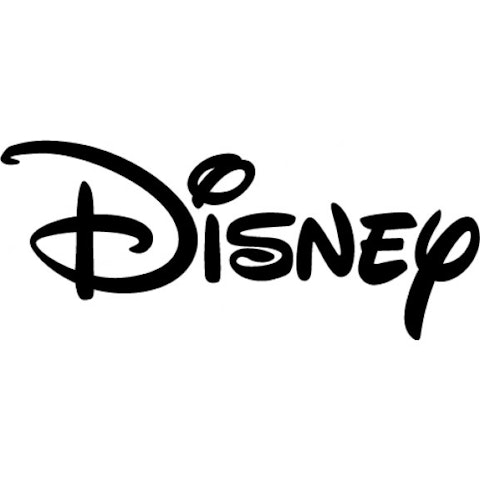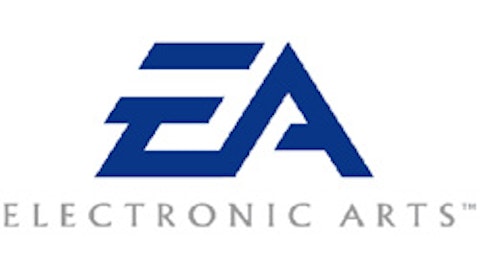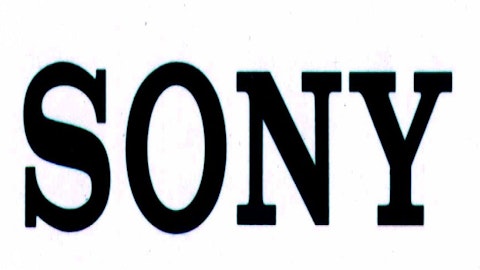On July 2, entertainment conglomerate The Walt Disney Company (NYSE:DIS) bought the movie distribution rights to four Marvel films from its rival, Viacom, Inc. (NASDAQ:VIAB) subsidiary Paramount, for an undisclosed sum. Walt Disney’s ownership of motion picture distribution rights based on its own popular and iconic characters makes a great deal of sense for its shareholders.
Weak studio entertainment division
As you can see in the table below, The Walt Disney Company (NYSE:DIS)’s studio entertainment segment resides in next to last place in terms of operating profit margins no thanks to high budget flops such as John Carter.
The Walt Disney Company (NYSE:DIS)-produced films have all fallen short of blockbuster glory in recent years. People don’t seem to gravitate toward them like the Pixar and Marvel films. For example, Marvel’s Avengers, considered one of the biggest hits of all time, grossed $1.5 billion. John Carter, by contrast, grossed only $282 million, exceeding its budget by a mere $32 million.
Another Disney film, Lone Ranger came under some negative criticism. It opened at less than half the level of Despicable Me 2 on its opening day.
| Walt Disney segment operating margins | ||
|---|---|---|
| Walt Disney segments | 2013 (MRQ) | 2012 (2nd Qtr) |
| Media Networks | 38% | 37% |
| Parks and Resorts | 12% | 8% |
| Studio Entertainment | 9% | -7% |
| Consumer Products | 26% | 22% |
| Interactive | -28% | -39% |
Source: Walt Disney’s latest earnings announcement.
Why give revenue to the competition?
The reason that The Walt Disney Company (NYSE:DIS)’s studio entertainment division languishes despite the large Marvel based blockbuster hits lies in the fact that other studios own the distribution rights to Marvel films. This represents a legacy inherited by Disney when it bought Marvel in 2010.
For instance, Thor grossed $449 million, tripling its budget of $150 million. Since Viacom, Inc. (NASDAQ:VIAB)’s subsidiary Paramount owned the distribution rights, its shareholders reaped the benefits. Thor helped Viacom post a 58% increase in its theatrical revenue during 2011. That same year, The Walt Disney Company (NYSE:DIS) posted a 5% decline in its studio entertainment revenue.
Electronics and entertainment conglomerate Sony Corporation (ADR) (NYSE:SNE) owns the distribution rights to The Amazing Spider-Man and, until 2012, it also owned the merchandising rights. This cut Disney out of two revenue streams based on its own property. Disney did purchase the merchandising rights to this film. Moreover, Spider-Man contributed to a 4% revenue increase in Sony Corporation (ADR) (NYSE:SNE)’s motion picture division during FY 2013.
What’s in it for Disney shareholders?
Owning distribution rights to its properties gives Disney the ability to reap the benefit from box office receipts, DVD sales, advertising revenue, etc. Disney realizes the commercial appeal of its Marvel brands and rightly wants a greater piece of the action.
On that note, Disney retains full distribution rights to any future Star Wars films meaning shareholders will reap the benefit of any potential box office revenue gushers. This strategy should help boost the strength, or at the very least minimize the weakness, of Disney’s studio entertainment division.






